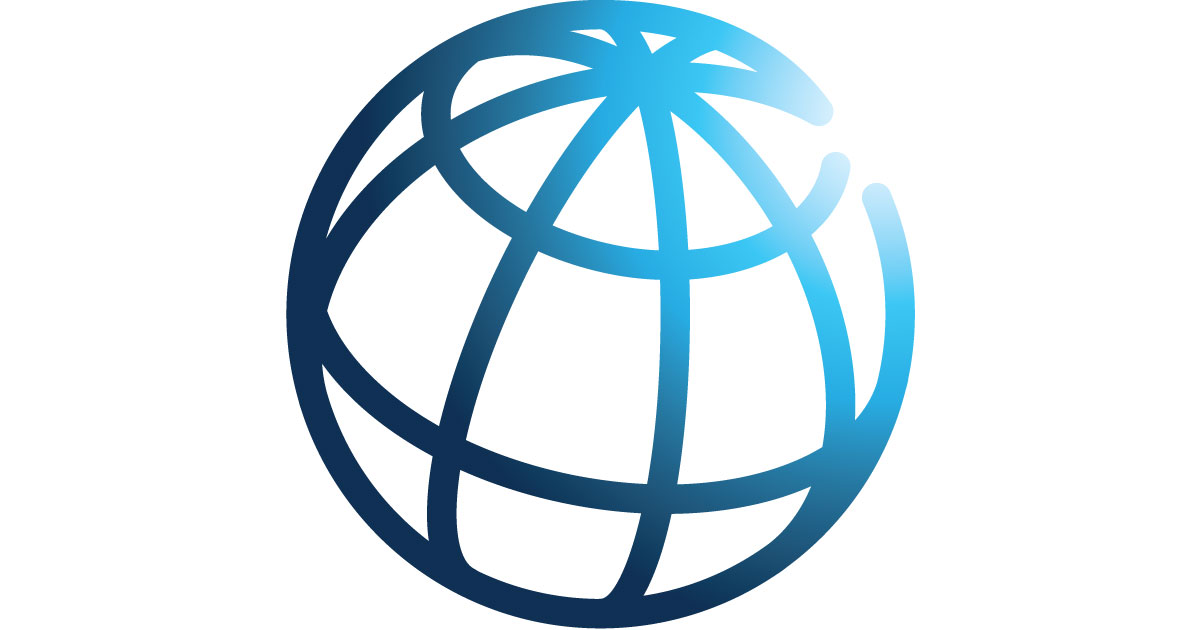Within just three days of the first COVID-19 case surfacing in Bangladesh in March 2020, the World Bank stepped in with a swift allocation of $100 million, aiming to amplify the nation’s testing and care capacities and overall public health infrastructure. By March 2021, recognizing the crucial need for widespread immunization, an additional $500 million was sanctioned to bolster the national vaccination efforts. This substantial financial infusion has enabled Bangladesh to administer vaccines to 46.5% of its population, totaling 68 million doses and 110 million needles, significantly mitigating the pandemic’s impact.
Moreover, the funding facilitated the establishment of a vital liquid oxygen health system across 30 hospitals, pivotal for treating severe COVID-19 cases. It also supported the installation of 300 ventilators and the addition of 220 intensive care beds at the Dhaka North City Corporation COVID-19 Dedicated Hospital. To ensure operational efficiency, approximately 1,200 healthcare professionals, including doctors and medical technologists, were recruited across various public health facilities to manage the COVID-19 caseload effectively. Additionally, the initiative provided substantial quantities of personal protective equipment and essential diagnostic tools to front-line workers, enhancing the safety and efficacy of the national response to the pandemic.
In a broader scope, the World Bank’s commitment exceeded $3.3 billion, aimed at fostering economic resilience through job creation, enhancing water and sanitation facilities, skill development, and accelerating economic recovery post-pandemic. These efforts are designed not only to tackle immediate challenges but also to fortify Bangladesh against future crises.
Education Enhancements
The International Development Association (IDA) stands as the principal external supporter of Bangladesh’s educational sector, extending its reach from primary to tertiary education levels, including technical and vocational training. This backing has significantly propelled the nation towards educational inclusivity, ensuring that nearly every child now participates in formal education. By 2022, Bangladesh had achieved an impressive primary school net enrollment rate of over 97.6% and a secondary school rate of 73%.
Particularly noteworthy is the gender parity in school enrollment, with Bangladesh seeing about 6.9 million girls enrolled in secondary education in 2022 — a milestone that underscores the country’s progress toward gender equality in education. However, as Bangladesh aspires to evolve into an upper-middle-income nation by 2031, there remains the critical task of enhancing the transition from school to work and cultivating a workforce skilled in sustainable and green technologies.
Healthcare Advancements
Since the mid-1970s, the World Bank has been instrumental in advancing Bangladesh’s health sector, contributing to significant improvements in maternal and child health outcomes. For instance, skilled birth attendance jumped from 13% in 2001 to 31.3% in 2020, while the total fertility rate dropped from 5 to 2.04 per woman over the same period. These achievements have led to a substantial reduction in maternal mortality rates and have set Bangladesh on a path to achieving several Sustainable Development Goals.
Despite these successes, the country faces ongoing challenges in addressing non-communicable diseases and preparing for emerging health threats like the ongoing COVID-19 pandemic. The need for enhanced healthcare infrastructure, increased public health funding, and a robust governance framework remains critical to sustain health gains and ensure equitable health services across the population. The World Bank continues to align its support with Bangladesh’s health objectives, particularly through initiatives aimed at strengthening both urban and rural health systems under the forthcoming 5th Health, Nutrition, and Population Sector Program.
These strategic interventions by the World Bank illustrate a comprehensive effort to support Bangladesh in overcoming its developmental hurdles, with a keen focus on sustainable growth and building a resilient future for all its citizens.

